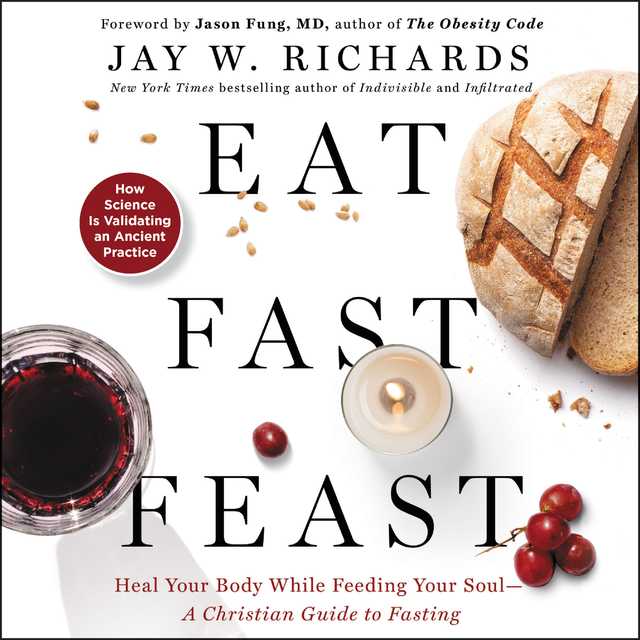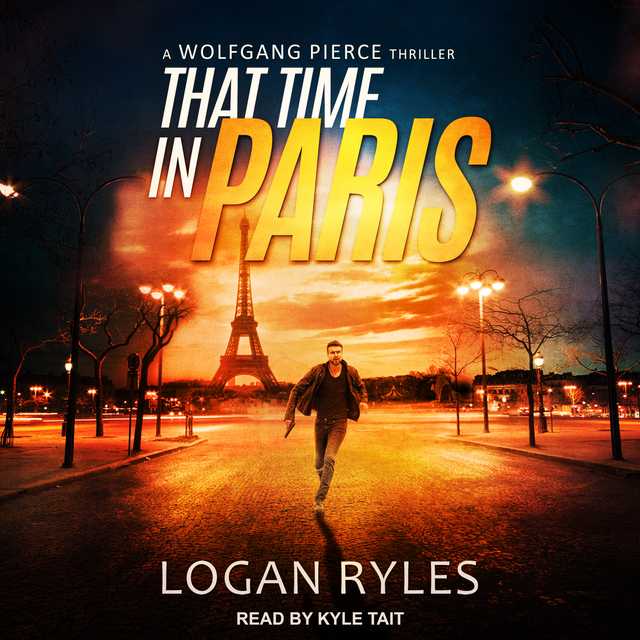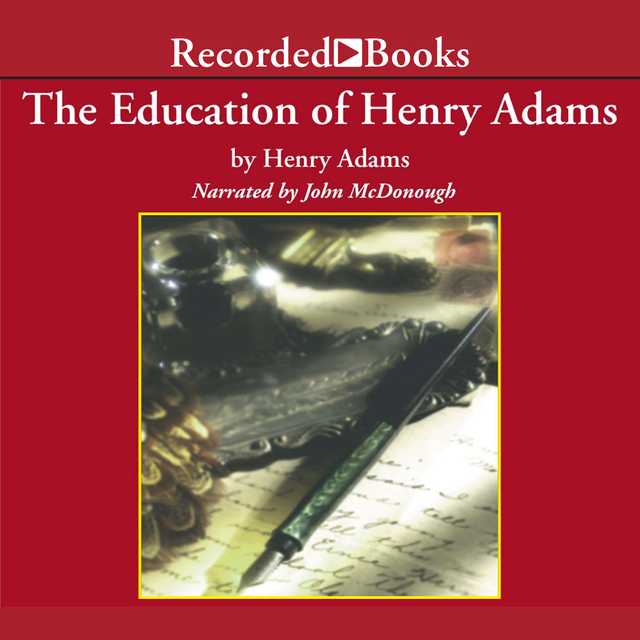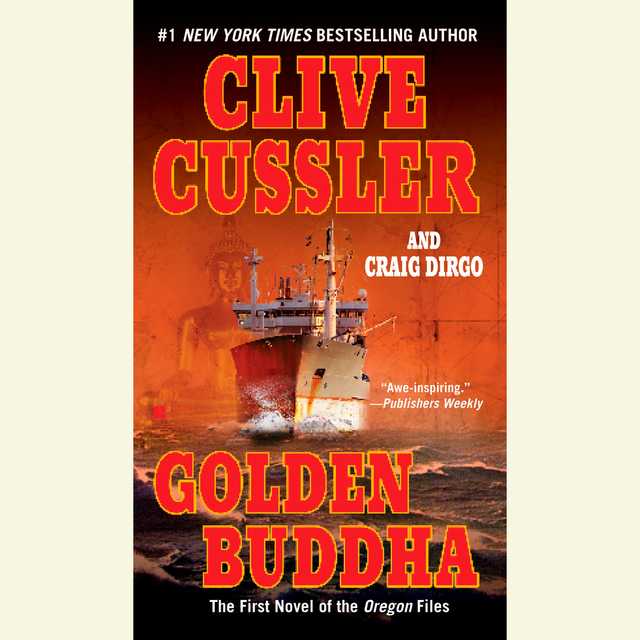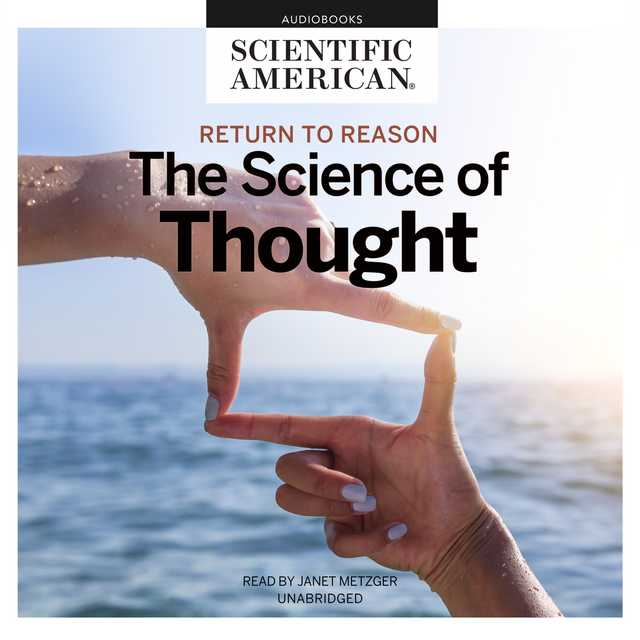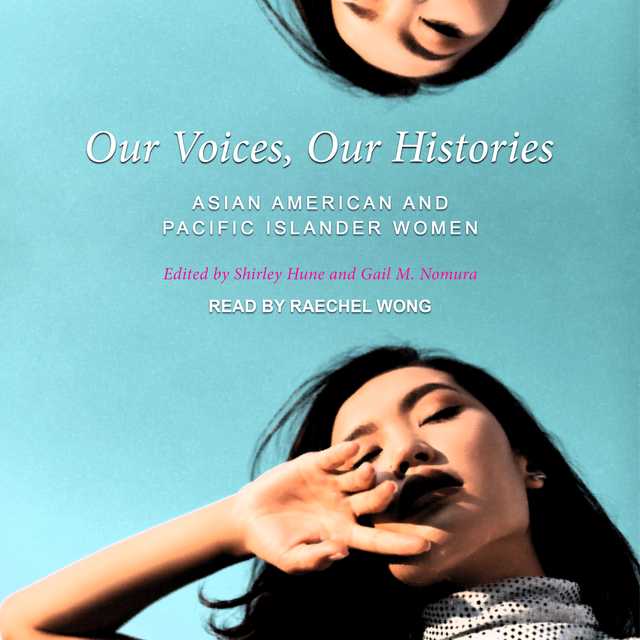Eat, Fast, Feast Audiobook Summary
The New York Times bestselling author and senior fellow at the Discovery Institute blends science and religion in this thoughtful guide that teaches modern believes how to use the leading wellness trend today–intermittent fasting–as a means of spiritual awakening, adopting the traditions our Christians ancestors practiced for centuries into daily life.
Wellness minded people today are increasingly turning to intermittent fasting to bolster their health. But we aren’t the first people to abstain from eating for a purpose. This routine was a common part of our spiritual ancestors’ lives for 1,500 years.
Jay Richards argues that Christians should recover the fasting lifestyle, not only to improve our bodies, but to bolster our spiritual health as well. In Eat, Fast, Feast, he combines forgotten spiritual wisdom on fasting and feasting with the burgeoning literature on ketogenic diets and fasting for improved physical and mental health. Based on his popular series “Fasting, Body and Soul” in The Stream, Eat, Fast, Feast explores what it means to substitute our hunger for God for our hunger for food, and what both modern science and the ancient monastics can teach us about this practice.
Richards argues that our modern diet–heavy in sugar and refined carbohydrates–locks us into a metabolic trap that makes fasting unfruitful and our feasts devoid of meaning. The good news, he reveals, is that we are beginning to resist the tyranny of processed foods, with millions of people pursuing low carb, ketogenic, paleo, and primal diets. This growing body of experts argue that eating natural fat and fasting is not only safe, but far better than how we eat today.
Richards provides a 40-day plan which combines a long-term “nutritional ketosis” with spiritual disciplines. The plan can be used any time of the year or be adapted to a penitential season on the Christian calendar, such as Advent or Lent.
Synthesizing recent science with ancient wisdom, Eat, Fast, Feast brings together the physical, mental, and spiritual benefits of intermittent fasting to help Christians improve their lives and their health, and bring them closer to God.
Supplemental enhancement PDF accompanies the audiobook.
Other Top Audiobooks
Eat, Fast, Feast Audiobook Narrator
Derek Shetterly is the narrator of Eat, Fast, Feast audiobook that was written by Jay W. Richards
Jay W. Richards, Ph.D., O.P., is a Research Assistant Professor in the Busch School of Business at The Catholic University of America, a Senior Fellow at the Discovery Institute, and Executive Editor of The Stream. He is author or editor of more than a dozen books including two New York Times bestsellers. His book Money, Greed, and God was a winner of a 2010 Templeton Enterprise Award.
About the Author(s) of Eat, Fast, Feast
Jay W. Richards is the author of Eat, Fast, Feast
More From the Same
- Author : Jay W. Richards
- Infiltrated
- Infiltrated
- The Human Advantage
- Publisher : HarperAudio
- Abraham
- American Gods [TV Tie-In]
- Dead Ringer
- House of Sand and Fog
- Prey
Eat, Fast, Feast Full Details
| Narrator | Derek Shetterly |
| Length | 8 hours 2 minutes |
| Author | Jay W. Richards |
| Category | |
| Publisher | HarperAudio |
| Release date | January 14, 2020 |
| ISBN | 9780062906342 |
Subjects
The publisher of the Eat, Fast, Feast is HarperAudio. includes the following subjects: The BISAC Subject Code is Monasticism, Religion
Additional info
The publisher of the Eat, Fast, Feast is HarperAudio. The imprint is HarperAudio. It is supplied by HarperAudio. The ISBN-13 is 9780062906342.
Global Availability
This book is only available in the United States.
Goodreads Reviews
Ebookwormy1
October 27, 2022
While I'm hearing a lot about intermittent fasting from the health/ medical field, I'm stunned to not be hearing more about it from Christians, or Jews, who have practiced fasting as spiritual discipline for thousands of years. Into this void writes Jay Richards. The new book summary released Nov 2019 references that Richards has written on this topic for The Stream. My spouse and I are starting to read these 14 articles. Link here...https://stream.org/tag/fastingbodyand...A study guide was posted. We are enjoying the book and working through the study guide for Lent, review to follow...https://dk4dsgfbgkmll.cloudfront.net/...I'm excited for this book to come out and hear what Richards has to say!I did read the book and post a full review. For some reason, it is not showing up on this "hardcover" book version of GR, though the dates read appear. To read my full review, click here:https://www.goodreads.com/review/show...
Bert
April 23, 2020
I just finished the book and am 10 pounds lighter. I listened to Jay Richards' interview on Bible Answer Man while I was driving home one day and it sounded like a book that I needed to read. I love it and intend to do this the rest of my life because it is not a diet; it is a way of life. I have a degree in nutrition and I have seen the changes and discoveries that have happened down through the years. In the 70s, eggs were practically forbidden because they contain lots of cholesterol. Breakfast was a must. After all you fasted for 7 to 8 hours while you slept. Later the new food pyramid had bread and grains as the strong base of the pyramid--6 to 11 servings. Obesity and diabetes are out of control. He recommends a keto diet and working up to fasting. I still have a hard time accepting that low carb and high fat is healthy, or course not all fat is healthy, and he explains all that. First week you fast for 16 hours and there is a 8 hour window you have to eat the keto diet. Next week, three days with a 20 hour fast and a 4 hour window for eating. Next week--three days with one meal a day and 23 hours of fasting. Eventually you can work up to 36, 72 hours of fasting because your body is in ketosis and using the fat stores. The author gives Biblical background on fasting and how fasting has been used in the church, and how we have gotten away from the practice. I like the spiritual aspect of this book, and the spiritual aspect is necessary for me to get my appetite under control. I have never been obese but my appetite was sort of running my life. This may not work for everyone, but this is a way of life for me.
Teri
August 16, 2020
Last year I read Jason Fung's book The Obesity Code and would highly recommend it for a beginner's understanding of the sceince of fasting and the health benefits it presents.Recently I went looking for a book that would highlight some of the spiritual (Christian) connections with fasting while still taking into account the health side. It seems most books look at one aspect or the other (body or soul). Richards' book is a fabulous marrying of these two different reasons why someone might choose a lifestyle that involves fasting.Growing up in a Protestant tradition that does not encourage or value fasting, I have very little working knowledge of its presence in church history and why one may (or may not) fast, especially when coupled with prayer. Richards does an excellent job of sharing with his readers the history of fasting and feasting, as well as different church calendars that involve fasting and how that has evolved over time. This is well integrated into a teaching that also looks at the science behind fasting, as well as the health benefits. Richards also presents an excellent 6-week plan that could benefit many who are looking to begin a type of intermittent fast but don't know how to start (or have had terrible experiences in the past). This is an accessible book for anyone and one I would encourage Protestant or Catholic Christians to check out if looking for more information on fasting (and feasting!)Richards lost one star from me because of his treatment of vegetarianism. His food recommendations are definitely for meat-eaters and he makes a couple of side comments that show his unappreciation for plant-based diets. Come on, Richards, don't alienate some important segments of your readership!If you are well-versed in intermittent fasting, you know for a fact that it is completely compatible (and healthy) for those who abstain from meat to fast and that their bodies can enter ketosis in the same way that meat-eaters do. I would hate for someone who is vegetarian or pescatarian to write off fasting (or write off Richards) because of this.
Ebookwormy1
October 27, 2022
I first read this book in January of 2020, right before life slid into the big change of the COVID-10 pandemic. I had begun learning about intermittent fasting from the health/ medical field, but was stunned by the silence of Christians, who have practiced fasting as spiritual discipline for thousands of years. Into this void writes Jay Richards. The book summary released Nov 2019 referenced that Richards had written on this topic for The Stream, so my husband and I started reading the 14 articles we found there in the fall of 2019. Link...https://stream.org/tag/fastingbodyand...Then, my husband and I read the book together. Richards also did numerous interviews (podcasts, articles, etc) to promote the book, which can be found around the internet. My initial 2020 impression was:“If I could get this book delivered during the pandemic, I’d be sending it to several friends and family members. Richards presentation is even better than I hoped. My husband and I read it. Then, we worked on a Lenten fast that has ended in an Easter feast, with preparation to continue developing a fasting lifestyle.”--- endI have since revisited the book in January of 2021 and now 2022, and plan on soaking it in again as Lenten preparation for as many years needed until these ideas become a strong foundation for fasting practice. As with his book on economics (Money, Greed and God, link below), Richards provides thorough research of a topic – in this case fasting and nutrition – and then examines the information in light of historical Christian teaching/ practice and Biblical study. Money, Greed and God: Why Capitalism is the Solution and Not the Problem (10th Anniversary Edition), Richards, 2019.https://www.goodreads.com/review/show... In Eat, Fast, Feast, Richards questions both his Biblical interpretations with scientific discovery and his scientific interpretations with Biblical truth, covering common questions and concerns believers have in the practice of fasting. Some chapters are focused on the pragmatic plan Richards has developed for personal fasting (a KETO diet gradually implemented via intermittent fasting throughout Lent, culminating in a Holy Week fast of longest duration), while others share the Biblical and historic practice of Christianity (including healthy and unhealthy practices and what distinguishes the two). I greatly appreciate Richards’ sensitivity to the entirety of Christian practice by Orthodox, Catholic and Protestant believers. I’m also appreciative of the detailed work done on the Appendices (1 Additional Books, 2 The Six Week Plan at a Glance, 3 How to Prove your Burning Fat for Fuel), Notes, and Index.I have been told on numerous occasions that fasting is not for my complex medical situation. However, recent studies have indicated fasting might be beneficial. Coming from a family that practiced Lenten fasting through generations, I have long desired to try. Richards’ book gave me enough information to make intermittent fasting a regular part of my life. As for the physical…The text is helpfully researched, cited and indexed. I could never fully implement the keto diet (how does one get 80% of calories from fat? pg. 95), but rigorous cutting of carbs has been beneficial in both resetting my body and making longer fasts attainable. I feel better after fasting, even though it’s gotten harder after our initial success in Lent 2020. I’ve also had fails where I intended to fast, but my body/ mind would not let me, forcing me to choose between fasting and functionality in daily duties. Richards’ approach has helped me to become physically (and spiritually) comfortable knowing when to change my plans to fast and how to get back to moving toward long-term goals. Richards practical direction is intended as a starting point on your own fasting journey. As such, the pragmatic tips are well researched and tremendously helpful, but not authoritative. You may need to discuss with your doctor (which I did) if you are medically complicated.While Richards sparingly comments about his wife, Ginny’s, experience with fasting, (and mentions a friend with PCOS going through the protocol pg. 208-209), Richards’ own practice is the focus. I have the impression their children are (almost or completely) launched and their childbearing years completed. Therefore, his insights are perhaps more applicable to men (both body and lifestyle). As a wife and mother, who has complicated health diagnoses and is raising growing children, I quickly recognized I was unable to implement Richards’ practice entirely. There is also a significant discussion around women’s health and fasting that Richards does not cover. Women must change fasting practice throughout our life cycle in ways that men do not have to consider (beyond their relationship with their wife). I needed to do more research into how to navigate these personal female and familial dynamics. I found secular articles such as the following helpful, but long for a scholarly spiritual + nutritional practice guide for women.Jarreau, Dr. Paige. “Your Menstrual Cycle on Intermittent Fasting.” LifeApps.io, October 6, 2020. Accessed April 2, 2022https://lifeapps.io/fasting/your-mens... For the spiritual…I’m thrilled to be able to engaged in fasting as spiritual discipline as my progenitures, and no longer feel separated from the discipline due to my chronic health problems. I appreciate how Richards covers pitfalls encountered by previous believers. His insights have helped me work through areas where my belief or practice were pulling me away from walking more closely with the LORD. Of course, being more intentional about eating has also curbed my greediness for sweets, as I make the practice of setting aside my physical desires to pursue spiritual vitality a regular rhythm of worship. I particularly found the chapters, 9 Fasting for Discipline, Sacrifice, and Holiness, 11 Fasting for Better Prayer, and 16 Fasting to Clear your Mind, valuable in growing my understanding of fasting as spiritual practice. I’m still wrestling with the ideas of 16 Fasting for Spiritual Warfare every time I read through in preparation for Lent, which is tribute to the orthodoxy upon which the chapter is based. My husband and I read the book and worked through the posted study guide for Lent 2020. Though we haven’t done it again, we recommend, especially if you are discussing/ implementing with a spouse or small group...https://dk4dsgfbgkmll.cloudfront.net/... In the last 3 years, Eat, Fast, Feast has become my go-to guide for Christian fasting and Lenten preparation. In this book, Jay Richards has served Christians across denominations in helping us develop a spiritual practice the contemporary church has neglected. Highly recommended.
Elisabeth
February 22, 2022
I’ve read so many books and articles on the health benefits of fasting (not all of the popular ones) but something was always missing. Finally, I found this book. As a liturgical Christian, the spiritual aspects of fasting is what I wanted to explore. This was perfect.Do I necessarily think everyone needs to follow a keto/lchf way of eating all the time? No. The author doesn’t really either, though that is his solution to regaining control over your metabolism. This I agree with. Combined with the historical perspective of fasting and feasting, I’m very well prepared to go forward incorporating fasting into my spiritual life as well as my physical life. We should not separate the two, as Christians.
Maurisa
January 31, 2020
Wonderful and thorough treatment of the history and science of fasting. While Richards is a Catholic and much of his treatment of fasting and feasting comes from that perspective, this book is perfectly accessible to any Christian tradition. I’ve tried several of Richards’ fasting recommendations and can honestly affirm that they do make real fasting much easier.
Logan
March 25, 2020
This book was life-changing. It got me on the right track in regards to my diet. I also really enjoyed learning a little bit more about the Christian tradition of fasting.
Jacinta
February 08, 2020
Very informative; just what we needed today as Christians!
Matthew
August 28, 2020
Due to unhelpful stereotypes, you might expect that a book that styles itself a Christian guide to fasting to be solid on religion, but shaky on science. If anything this book leans the other way.In terms of the science, it is well researched, citing a wide array of primary sources as well as some high quality secondary sources (such as Dr. Jason Fung's "The Obesity Code." He does a great job of making highly complex biologic processes simple and easy to understand. It's no easy feat to have a book that talks about insulin, glucagon, mTOR, IGF-1, AMPK, autophagy, and apoptosis and still have the reader come away feeling like they have a handle on what was communicated.He also shows a keen understanding of the methodology of science, especially of some of the limits that scientific methods have when they are attempted to be applied to nutrition.My main issue with the book is that it says that it is a "Christian" perspective on fasting, when it really means "Catholic." That might not sound like a significant point, but consider how shocking it is for a protestant to read statements like this:"Don’t know where to start? Commit the Prayer to St. Michael to memory and pray it throughout your fast."It's worth noting that when he says "St. Michael" he means Michael the archangel. I'm not sure if that makes it worse, but it certainly doesn't make it better.This doesn't mean that this books treatment of Christian spirituality has nothing for Protestant Christians (he quotes many figures from church history as well as contemporary protestants such as John Piper), but it does mean that Protestant Christians will have to read it with more of a filter than they might have anticipated.One of the most interesting things about this book is that it's probably the only book on fasting that I've read that doesn't come from the perspective of neo-Darwinism (and I've read a lot of books on fasting). He has one chapter where he actually argues that human metabolism, which is a complex system suited to adapt to any naturally occurring food environment on Earth, could have come from natural selection, which only prioritizes immediate benefit through survival of the fittest.As you might expect from the subtitle, even though this book is called "Eat, Fast, Feast," it's really mostly a book about fasting. That being said, the main philosophy is true to the title. For the author, we should spend a lot of time eating healthfully (for him this means a ketogenic diet, which I certainly consider healthy, but it's not the only healthy option), but also embrace a "fasting lifestyle" with daily fasts through time restricted eating (TRE) and occasional longer fasts. There is one chapter on feasting, which he also considers important. Most of the discussion of feasting outside the last chapter is a recurring mention of "mini-feasts" that happen on Sundays when you open your eating window to 12 hours.Overall, I thought this was a very good book. There are three parts that the author needs to hit: 1. the science, 2. the Christian perspective, and 3. the practicals. Here's how I would grade each of those:1. The science: A2. The Christian perspective: B- 3. The practicals: B+It's certainly a helpful book. It is definitely worth reading, especially if you are looking to get into fasting. My personal take: if you're not looking to get into fasting, you should be. Normally I try not to push my perspective of fasting on people, but I figured you read this far on my review of a fasting book so it's okay.
John
October 05, 2022
Book #34 in 20224 Stars This book is good but uneven in its goodness. Pros:- It’s good to see a Christian writing on this forgotten spiritual practice- Richards has some excellent easy to understand discussions about what happens to us physically when we fast, and stresses the need for metabolic flexibility- The author walks you thru different types of fast from an initial 16/8 time restricted window to a multi day fast- The author tries to incorporate research into his discussions while alternating chapters with spiritual perspectivesCons- He’s a little too pro-Keto diet while barely hiding at times his disdain for vegan diets (if that’s your thing). I thought he could have done a better job with persuasiveness instead of being needlessly combative though he does try to check himself in this- Out of 28 chapters there is only one on feasting, and even then he barely scratches the surface. The book & reader would have benefitted from a bit more of an exploration on this topic, especially since Feast is in the title - He is a bit too pro Roman Catholic (& it’s hard to fault him for this since that’s what he is) but he does try to moderate it a bit and even quotes some Protestants from time to time. But still, “we can offer our suffering for repentance” / “salvific suffering” keeps me from being able to offer an unqualified endorsement. Other than that, this book is an enjoyable read and a challenge to think more about eating, fasting, and feasting. John Piper’s book on fasting, A Hunger for God, is a good compliment to Richards’ book, though it doesn’t touch on the physical components. Overall, I am thankful for Richard’s effort and benefited from reading it and will no doubt go back to this book again and again.
Christina
March 07, 2022
This is the book I couldn’t find and needed when I started a fasting g lifestyle back in 2017. Jay W Richards does a fantastic job of weaving together the scientific, historical, spiritual and physical reasons for fasting. As someone who discovered a fasting lifestyle via Dr Jason Fung six years ago, I appreciated the way Richards touted the benefits of eating a ketogenic diet and showed the differences of other “diet” lifestyles in comparison to it. As a Catholic, I concur that our current culture lives for feasting and it has been to the detriment of our health and that incorporating the spiritual reasons for fasting can truly transform our whole body, mind and soul. I read this via audio and ebook but will definitely be adding a physical copy to my library to lend and refer to in the years to come.
Bridget
April 18, 2022
After reading the mixed reviews, I was surprised at how much value I got from this book and how much I enjoyed it! Despite being Catholic my whole life and reading about/practicing intermittent fasting for the physical benefits for the past 5 years or so, this had a lot of fresh information and brought the faith/physical sides together in a new way for me. I like that he focuses on the way God designed us both spiritually and physically, and proposes that a lifelong cycle of true fasting, eating, and feasting is in line with how we were created. A lot of emphasis is put on ketosis, but good scientific reasons are given for doing so. I was inspired by this to try fasting for the full day on Good Friday, and like he continually says, it wasn't as hard as I expected!
Noah
September 20, 2020
So far this has been my favorite of the several fasting books I've read through. Richards uses a similar approach as many, transition to Keto, intermittent fast, gradually increase to full multi-day water fasts. What he does that is unique is to include a couple of chapters of historical church tradition with each stage of the program. This is primarily from a Catholic tradition, but as a Baptist I was able to easily relate, and even be challenged to explore these areas that I’d not really experienced before. There were a handful of doctrinal things that for me weren’t compatible at all, but it didn’t take away from the overall program. His humor was especially delightful, especially considering the potential stoicism of the topic. Highly recommended!
Frequently asked questions
Listening to audiobooks not only easy, it is also very convenient. You can listen to audiobooks on almost every device. From your laptop to your smart phone or even a smart speaker like Apple HomePod or even Alexa. Here’s how you can get started listening to audiobooks.
- 1. Download your favorite audiobook app such as Speechify.
- 2. Sign up for an account.
- 3. Browse the library for the best audiobooks and select the first one for free
- 4. Download the audiobook file to your device
- 5. Open the Speechify audiobook app and select the audiobook you want to listen to.
- 6. Adjust the playback speed and other settings to your preference.
- 7. Press play and enjoy!
While you can listen to the bestsellers on almost any device, and preferences may vary, generally smart phones are offer the most convenience factor. You could be working out, grocery shopping, or even watching your dog in the dog park on a Saturday morning.
However, most audiobook apps work across multiple devices so you can pick up that riveting new Stephen King book you started at the dog park, back on your laptop when you get back home.
Speechify is one of the best apps for audiobooks. The pricing structure is the most competitive in the market and the app is easy to use. It features the best sellers and award winning authors. Listen to your favorite books or discover new ones and listen to real voice actors read to you. Getting started is easy, the first book is free.
Research showcasing the brain health benefits of reading on a regular basis is wide-ranging and undeniable. However, research comparing the benefits of reading vs listening is much more sparse. According to professor of psychology and author Dr. Kristen Willeumier, though, there is good reason to believe that the reading experience provided by audiobooks offers many of the same brain benefits as reading a physical book.
Audiobooks are recordings of books that are read aloud by a professional voice actor. The recordings are typically available for purchase and download in digital formats such as MP3, WMA, or AAC. They can also be streamed from online services like Speechify, Audible, AppleBooks, or Spotify.
You simply download the app onto your smart phone, create your account, and in Speechify, you can choose your first book, from our vast library of best-sellers and classics, to read for free.
Audiobooks, like real books can add up over time. Here’s where you can listen to audiobooks for free. Speechify let’s you read your first best seller for free. Apart from that, we have a vast selection of free audiobooks that you can enjoy. Get the same rich experience no matter if the book was free or not.
It depends. Yes, there are free audiobooks and paid audiobooks. Speechify offers a blend of both!
It varies. The easiest way depends on a few things. The app and service you use, which device, and platform. Speechify is the easiest way to listen to audiobooks. Downloading the app is quick. It is not a large app and does not eat up space on your iPhone or Android device.
Listening to audiobooks on your smart phone, with Speechify, is the easiest way to listen to audiobooks.

